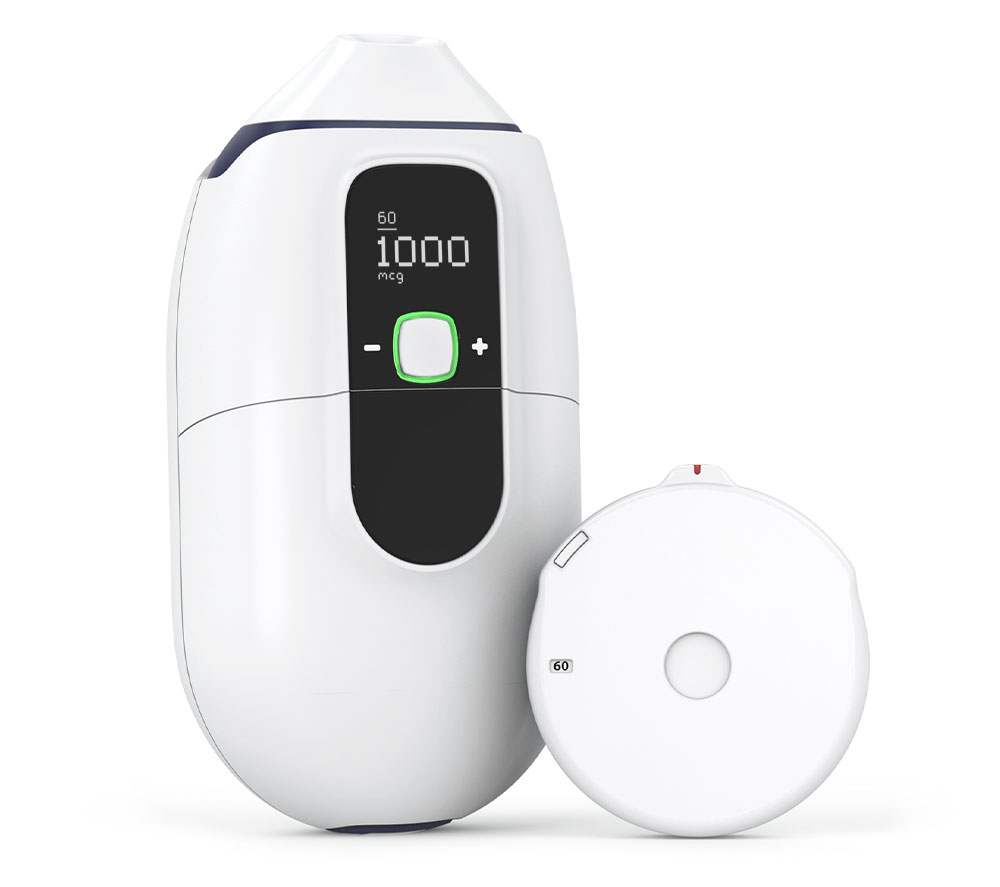Pharmacology of the Endocannabinoid System
To talk about the effects of medical cannabis, one should first get familiarized with the endo-cannabinoid system and the nervous system.
Medical cannabis treatment relies on the existence of a physiological system in our body, which can absorb and bind to the plant cannabinoids (phytocannabinoids). This system is called the endocannabinoid system. It is a neurotransmission system that affects brain activity and a variety of functions and systems in the human body. The endocannabinoid system was discovered by Prof. Mechoulam (chemist, drug researcher, and discoverer of the active ingredient in the THC component in cannabis) and his team1-2.
Adverse Effects of Cannabis Use
Consumption of medical cannabis can cause side effects, which fall into 3 categories:
Physiological side effects
Dizziness, unstable pulse (accelerated or slow), decreased blood pressure and blood sugar, increased appetite, redness of the eyes, headaches, abdominal pain, fatigue, poor coordination, instability, and dryness in mucous organs, like eyes and mouth.
Cognitive side effects
Short-term memory loss, impaired continuous track of thought, and changes in perception of time and space. These effects usually pass shortly after adaptation to the product. When medical cannabis is taken orally, side effects can last up to 72 hours after taking. Regular use of high amounts can lead to impaired cognitive abilities.
Side effects that usually result from an overdose, which require special attention
Fainting, significant changes in blood pressure, pulse, blood sugar level, or respiratory rate. High doses of the substance may in some cases, in people with a genetic predisposition, cause a temporary onset of psychotic states, anxiety, or hallucinations.
Mali Sternschuss, Suffers from Cervical Disc Herniation
Patients treated with SyqeAir Inhaler and Cartridge report a reduction in side effects
The treatment using the SyqeAir Inhaler and Cartridges introduces patients to the lowest dose required to reduce pain intensity. The dose is measured in micrograms (mcg) and adjusted personally and gradually by a registered nurse experienced in medical cannabis treatment. The right dose for a patient is a metered and consistent dose of THC (in the aerosol) as an indicator of all the other cannabinoids and terpenes found in a full-spectrum cannabis flower. A dose that has the potential to provide the patient with an optimal reduction in pain intensity with minimum (if any) adverse effects, compared to medical cannabis consumed in high doses via smoking, vaporizer, or oil.
Proper dose, not overdose: 79X reduction in daily THC dosage3 compared to THC-rich products via smoking/vaping4
Significantly fewer side effects: over 90% reduction in side effects following a dosage adjustment period3 compared to other routes of administration of medical cannabis5
No smoking damage and free of nicotine



Smoking Damage
Consumption of cannabis through smoking exposes patients to a variety of harmful substances. Due to the health risks associated with smoking, smoking medical cannabis is not recommended for long-term use.3
Consumption of medical cannabis combined with smoking tobacco exposes patients to nicotine addiction. Studies show that nicotine addiction stands at 67.5%, compared to the possible cannabis addiction rate, which stands at only 9%3.
The effect of cannabis on smoking is very rapid and is characterized by high variance in the maximum THC concentrations in the blood (Cmax). Even when there is no complete control over the depth and length of inhalation, respiration time, inhalation time, and time between inhalations, a situation may occur where patients consume, unintentionally, higher THC amounts than the desired amounts, that exceed the optimal therapeutic window and lead to unexpected psychoactive effects.4-5
A position paper of the IMA Ethics Board, dated July 2021, reviewed the ethical implications of medical cannabis use in the context of medical care. One of these implications addresses the health consequences and the damage caused to the patient and his environment as a result of consuming medical cannabis through smoking. The board suggested that the medical system encourage the use of non-smoking means for medical cannabis treatment.
Addiction
Regular and prolonged use of cannabis can lead to addiction. Some people are more prone to addiction than others. Addiction can develop at any age, but teens are particularly vulnerable because their brains are still developing. However, the studies that deal with cannabis addiction raise information related to non-medical use.
- Mechoulam, Raphael, Ester Fride, and Vincenzo Di Marzo. “Endocannabinoids.” European journal of pharmacology359.1 (1998): 1-18.
- Gaoni, Yechiel, and Raphael Mechoulam. “Isolation, structure, and partial synthesis of an active constituent of hashish.” Journal of the American chemical society86.8 (1964): 1646-1647.
- Aviram J, et al. (2022) PAIN Reports. 7(3). e1011.
- Aviram, J. (2021). Pharmacological Research, 169, 105651.
- Aviram, J. (2021). European Journal of Pain, 25(2), 359-374
- Abrams et al . Clinical Pharmacology & Therapeutics (2007) 82, 572–578.
- Huestis MA (2007). Eisenberg E et al. Pain Palliat Care Pharmacother (2014) 28 3:216-225.
- Huestis MA (2007). Human Cannabinoid Pharmacokinetics. Chem Biodivers 4: 1770–1804.







